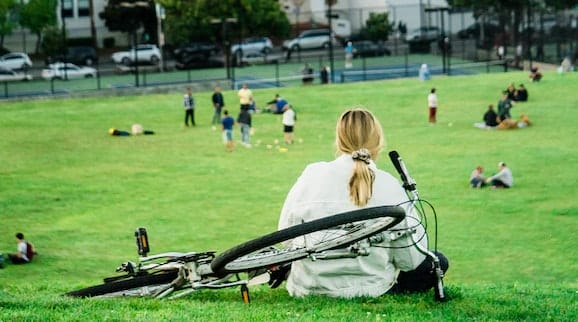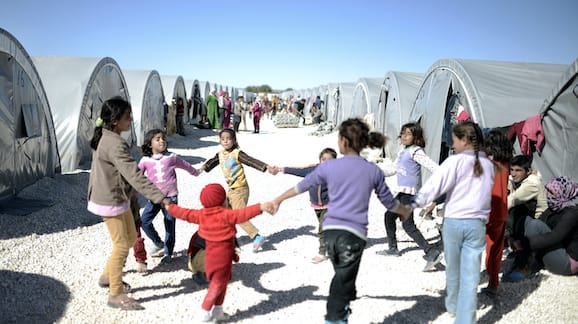
Inoculating Democracy from COVID-19
by Omar Parbhoo
This is part of a series of posts about behavioral science and COVID-19. Click here to read about some of the most important behaviors during this pandemic—like seeking medical help, responding to humanitarian crises, and adapting to remote work in a global outbreak. The coronavirus outbreak is upending core functions of our democracy, forcing Americans […]











